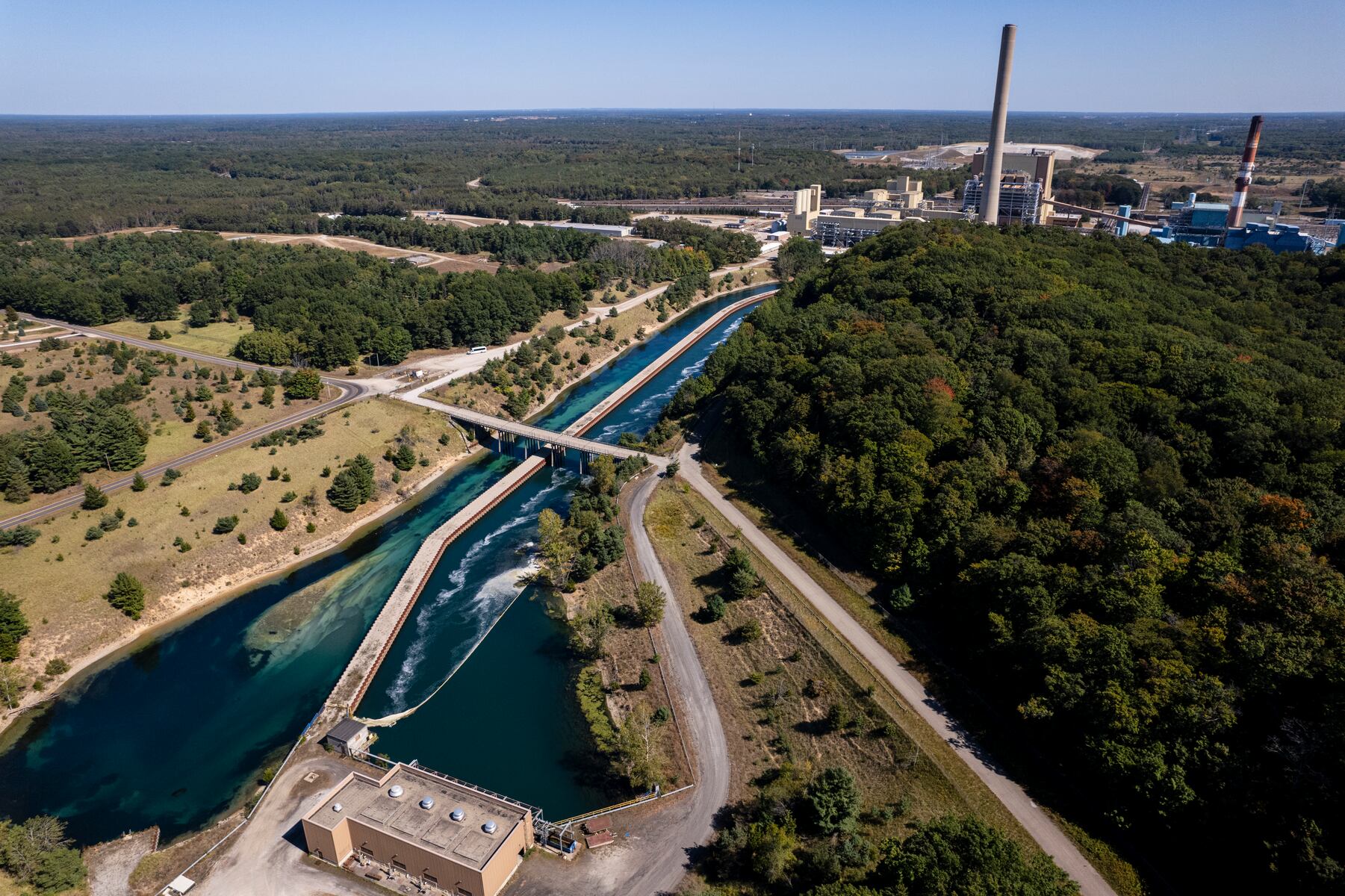UPDATE: Legal challenges to the Trump administration’s controversial order to keep the aging J.H. Campbell coal-fired power plant operational in Ottawa County, Michigan, have intensified, as both Michigan Attorney General Dana Nessel and a coalition of advocacy groups filed lawsuits on July 24, 2023. They are demanding the reversal of the U.S. Department of Energy directive that extends the plant’s life by 90 days beyond its planned closure date.
The implications are significant for local residents and utility customers. Critics argue that this order disregards a carefully crafted plan to transition to cleaner energy, forcing consumers to bear the financial burden of maintaining a facility that is increasingly seen as environmentally harmful. Advocacy groups, including Earthjustice, are adamant that this is an abuse of emergency powers. “We are taking the administration to court to stop its abuse of emergency powers and prevent further harm to our wallets and our health,” stated Shannon Fisk, an attorney with Earthjustice.
The J.H. Campbell plant, which sits on 2,000 acres along the shores of Lake Michigan, was originally slated to cease operations on May 31. The facility’s closure was a critical step for Consumers Energy, marking the end of coal burning for the state’s second-largest electric utility. However, just days before the shutdown, U.S. Energy Secretary Chris Wright invoked emergency powers, citing potential risks of blackouts in the Midwest due to the shutdown of major coal plants.
Critics contend that the administration is manipulating these concerns to favor the coal industry, despite assurances from Michigan regulators and regional grid operators that power reliability can be maintained without the Campbell plant. “We are more than halfway through the so-called ‘energy emergency’ the administration invented to justify its unlawful order, and the grid has not needed Campbell to provide reliable power,” said Greg Wannier, a senior attorney with Sierra Club.
The legal pushback began in mid-June, as Nessel and nine public interest groups formally requested that federal officials rescind the order. With the lack of a response, they proceeded to court, filing petitions for review with the U.S. Court of Appeals for the District of Columbia Circuit on Thursday.
Nessel described the emergency order as “unprecedented,” claiming it disregards evidence and state approvals for the plant’s retirement, potentially leading to exorbitant costs for utility customers without providing any real benefit.
As of now, the emergency order remains effective until August 21, raising concerns that federal officials might issue another extension when it expires. Consumers Energy continues to comply with the directive, stating they will “do so as long as it is in effect,” according to spokesperson Katie Carey.
The plan to close the Campbell plant was approved by Michigan utility regulators in 2022 and was projected to save customers $600 million. This transition includes replacing the coal facility with a natural gas plant, a move many saw as essential for a cleaner energy future.
Critics are warning that customers will end up paying millions more to keep the 63-year-old plant operational while also footing the bill for its replacement. With major maintenance projects halted as its closure approached, the plant is now seen as a costly liability with potential reliability issues.
Consumers Energy has indicated that it will reveal the costs associated with keeping Campbell running after the federal order expires, seeking reimbursement from customers. The company insists that a broader region, including 11 states, should share the financial burden rather than just Michigan residents, a point still under consideration by the Federal Energy Regulatory Commission.
As this legal battle unfolds, the stakes are high for Michigan residents who may find themselves facing increased energy costs and environmental concerns. The urgency of the situation is palpable, and the outcome will have lasting implications for the state’s energy landscape.




































































